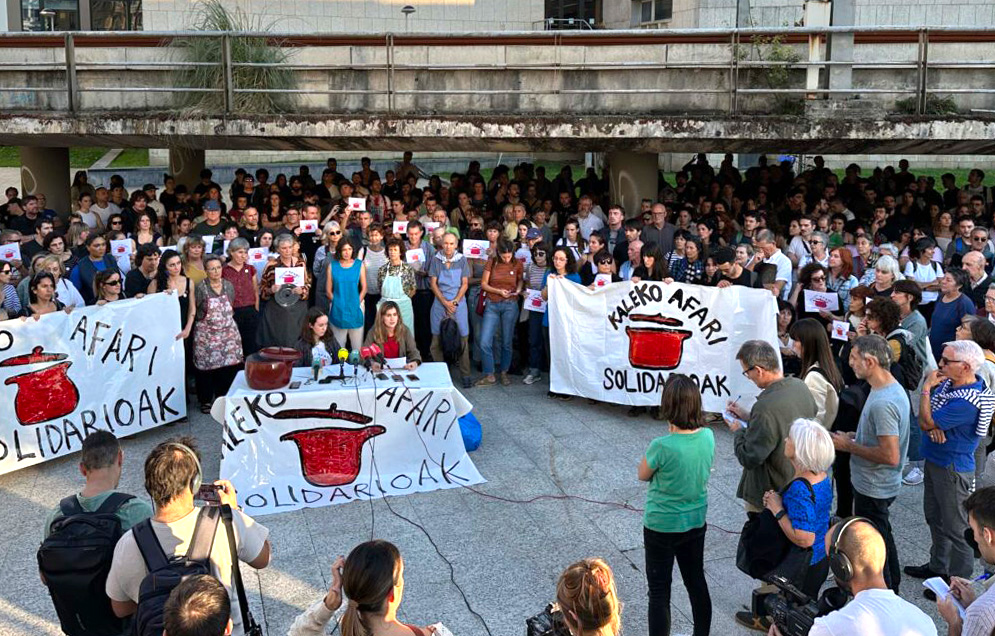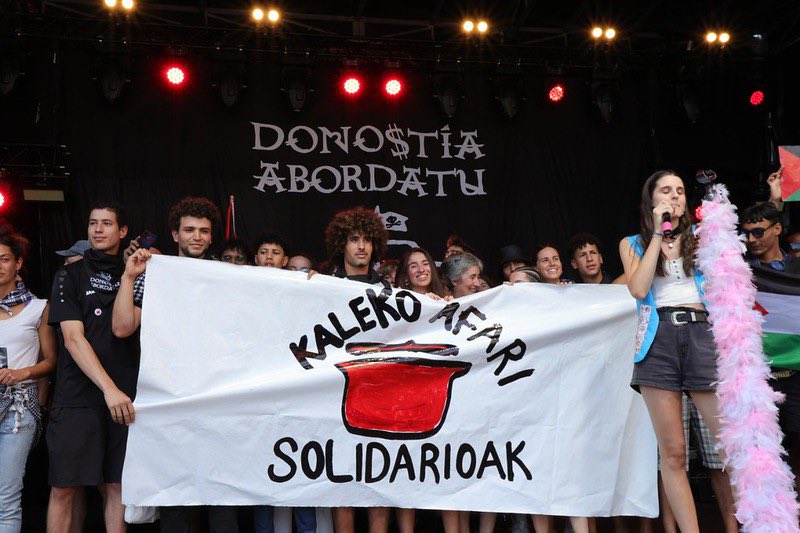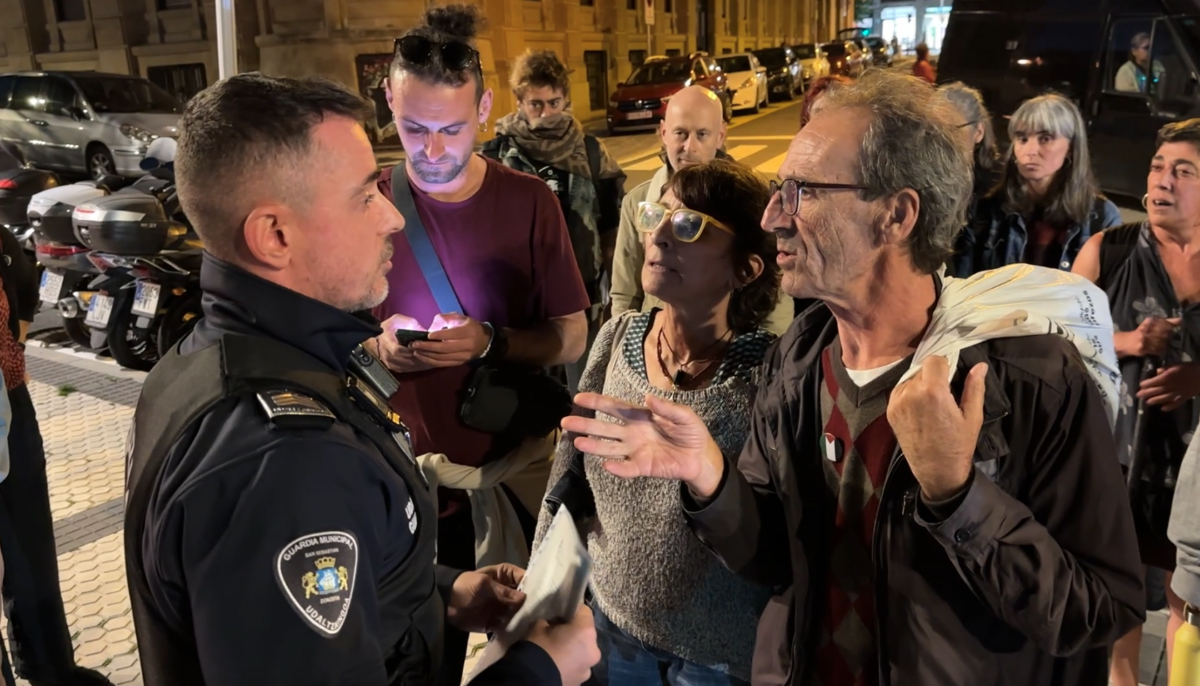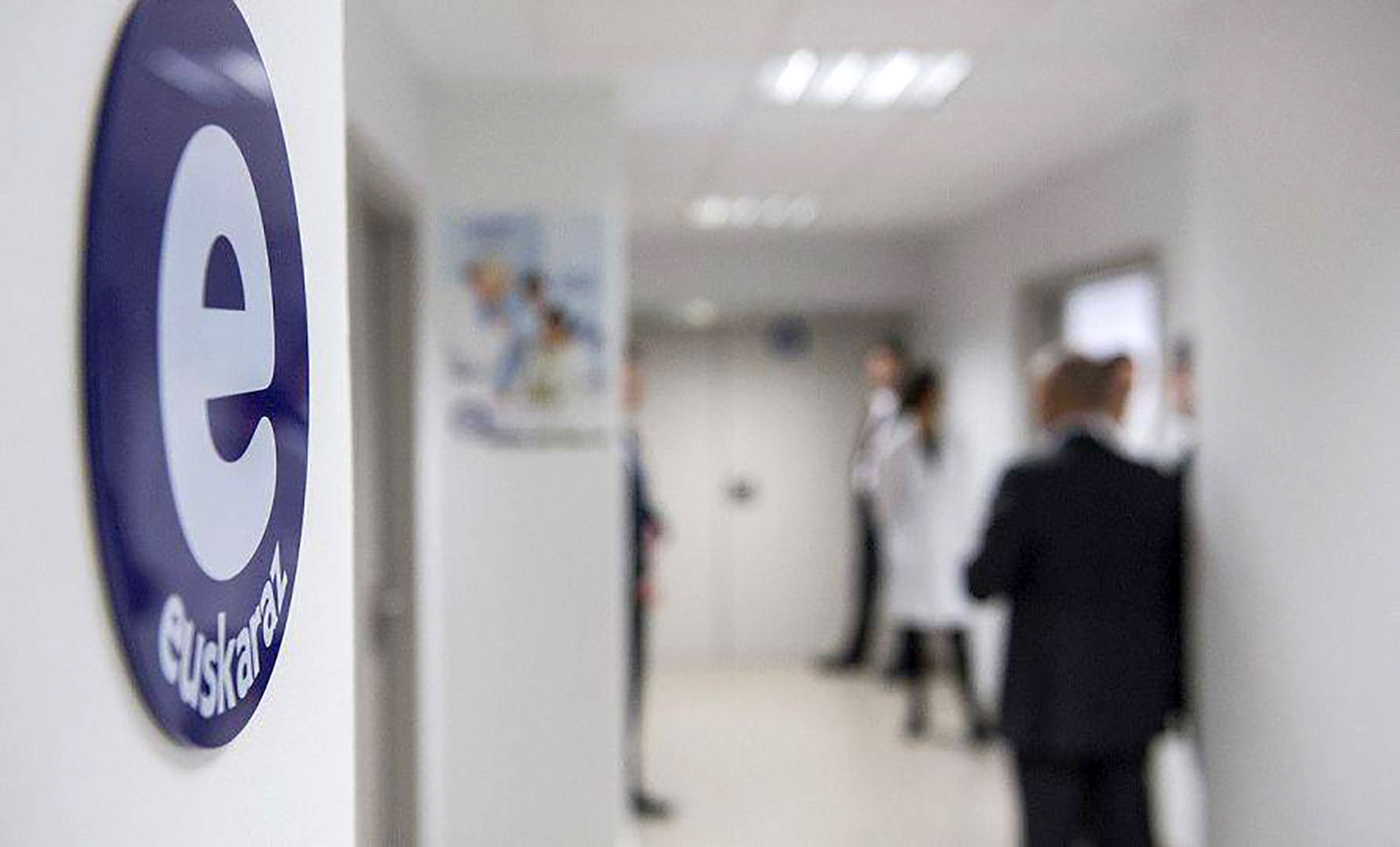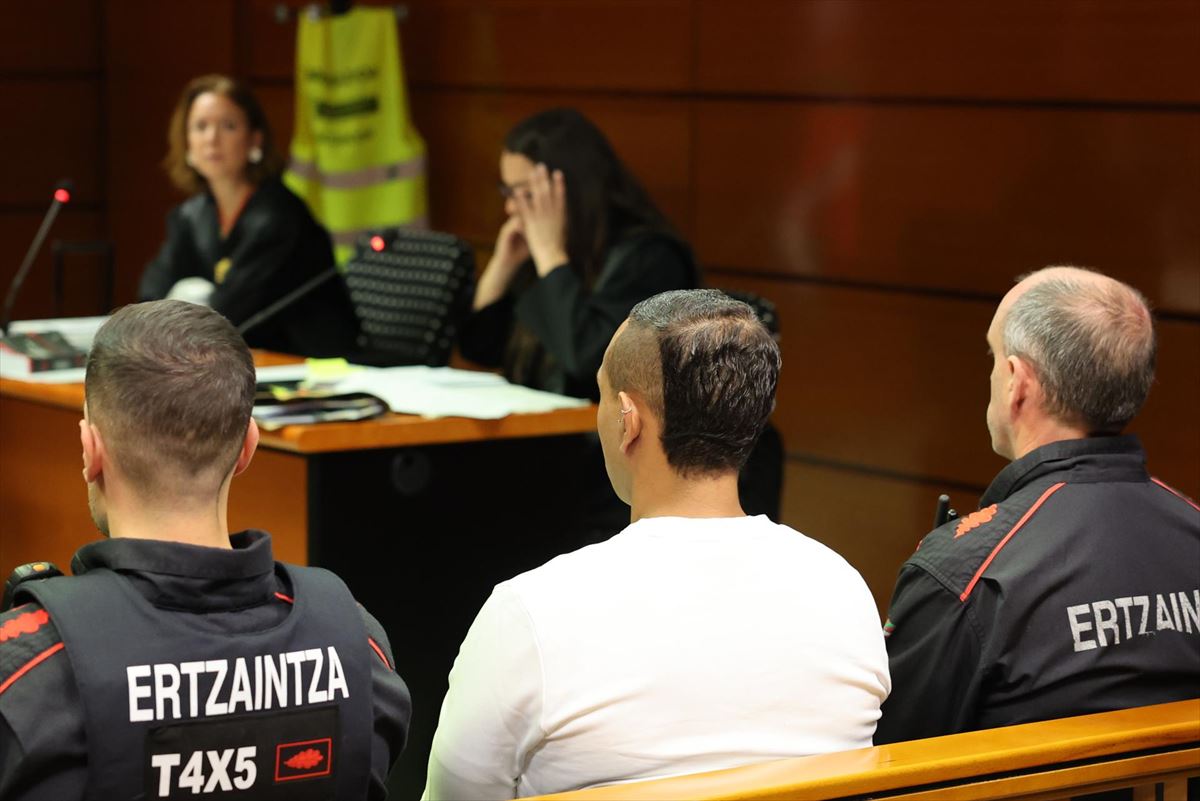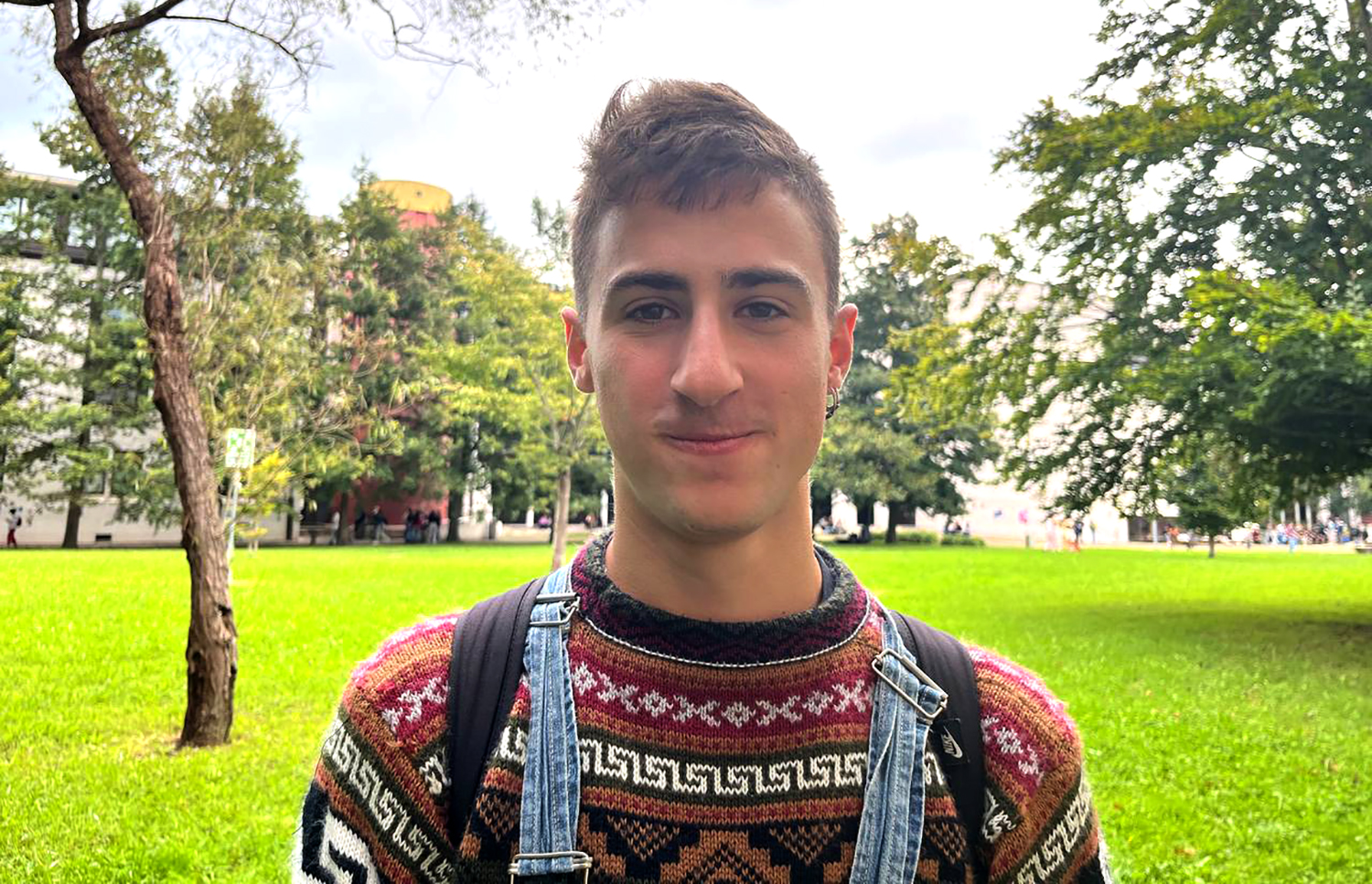“It’s worrying that 8-year-old girls are prioritized to lose weight”
- Anna Jeremias (Castellcir, Catalan Countries, 1976) is a psychologist, social educator and member of the feminist cooperative Magranes. With the support of the Department of Equality and Feminisms of the Generalitat of Catalonia, they have recently published a guide against school announcements.
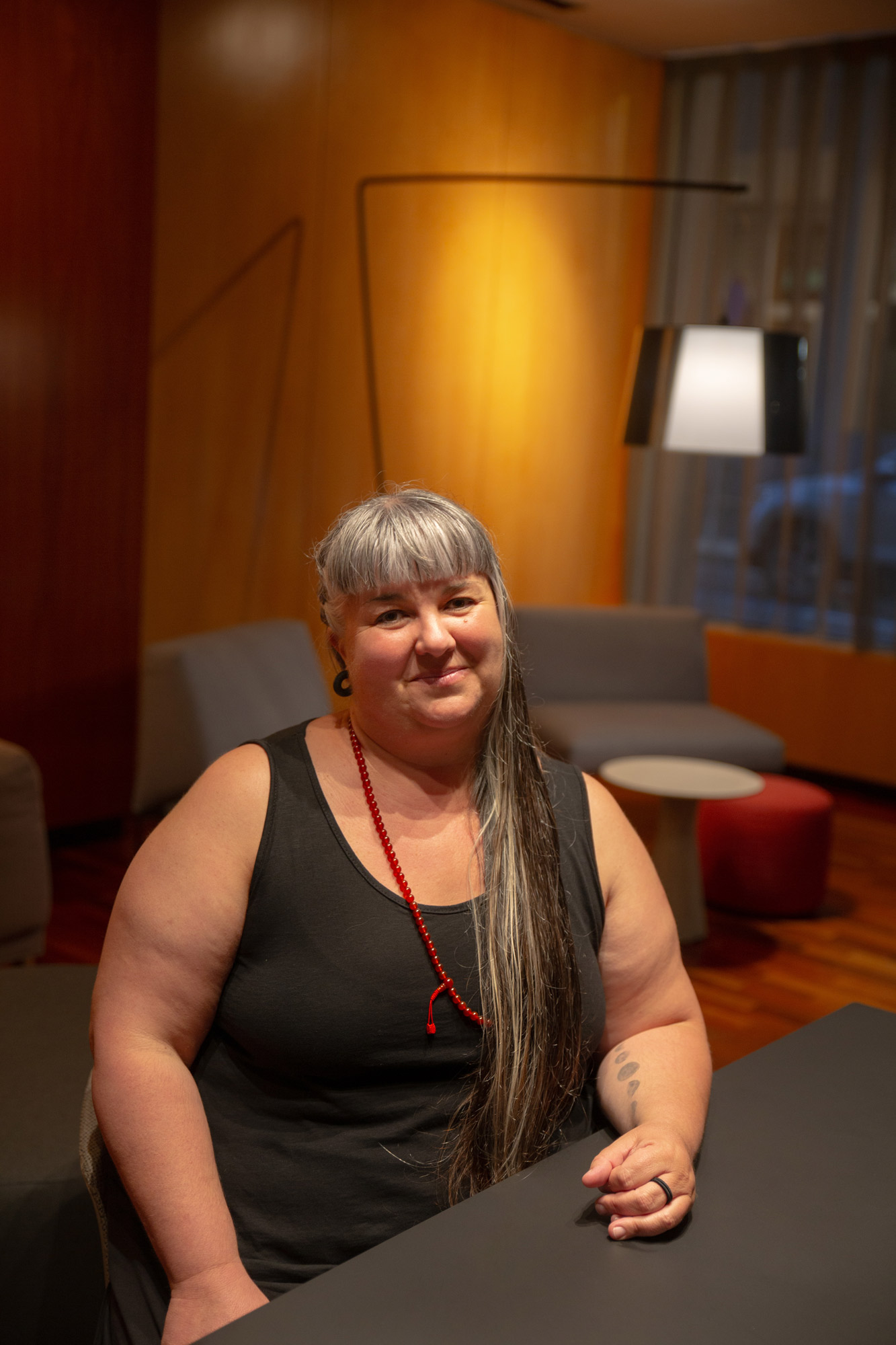
What is phobia?The violence that people suffer
from the mere fact of being so is a form. In Western societies this system of oppression prevails, along with other discrimination such as racism, homophobia or capacitism. Through this crushing system, discriminatory actions against our thick bodies are systematically and automatically repeated.
When and how did he immerse himself in anti-thick activism?
I got into the fight because I'm fat and I've been bullied. I began to explore the wound that opened up the different discriminations and violence in me, and then, dancing on the spot, I've struggled with the best travel partners to empower myself.
How does lophobia affect schools?Discrimination based on physical appearance, along with racism, is the most significant form of discrimination in schools, according to the United Nations Educational, Scientific and
Cultural Organization. From this point of view, children and adolescents are ashamed and dissatisfied with their bodies, which often leads to depression, isolation and exclusion. Sometimes, various eating behavior disorders.
According to the Association against Anorexia and Bulimia, 42 per cent of the population aged 12-16 years has been insulted by others. As a psychotherapist and social educator, she thinks:
I'm worried, but I wouldn't highlight kids and teens so much. We are hypocritical and we highlight children and adolescents, forgetting that they are a reflection of the adult world. And I think you basically have to look at the centrist eye. From this review of our attention in the media, family and school, we should assume that we authorize complex realities such as aesthetic violence.
.jpg)
The same association indicates that 76% of these insults are caused by their physical or thick appearance. And not only that: 34% of children have had a diet to lose weight.
Diet culture is a three-headed monster that needs our attention. If children understand that restraint and fasting are impossible to have normative bodies, they will endanger their overall health. It is a worrying fact, for example, that 8-year-old girls have a desire to transform their bodies and that their priority is to lose weight. As a society, it is essential to review what we mean by healthy, what it is to be healthy; we have to work a more inclusive approach.
Social media doesn't help demasiado.Lo that social
media gets is that we all think and feel that our body is a showcase and exists only to be admired by others. Networks are, therefore, a hyper-massification of violent messages that remember you have to change your body because it's not right for obese people. However, it is important to stress that, thanks to the activism of the fat people, a representation of different bodies has appeared on social networks that until now did not exist, which is essential. That is what can be celebrated.
How can we fight against thickness in schools?
First, identifying and taking responsibility for the problem. And of course, by reviewing our behavior. For example, if in our educational practice we are transforming or repeating social inequalities. Regarding teachers, it is important to be aware of our responsibility in dissolving normative and gordinflobic discourse.
In addition, it is necessary to identify thichobia and create inclusive spaces, prevent, organize projects that take into account all formats and bodies, review school materials and focus food education on food and not on the bulk. Finally, integral health and spaces for body dialogue and self-esteem should be promoted.
This guide has been stopped with the support of the Department of Equality and Feminisms of the Generalitat of Catalonia. What do you think of the public policies that oppose fat? Today, there is a momentum framework against aesthetic
violence, but there are still few resources against lucidity. Deep reflection on this is therefore essential. For example, I am concerned that the Catalan Public Health Agency has promoted the Plan against Childhood Obesity, a stigmatizing project that stigmatizes childhood and adolescent obesity since its inception.
Corpus Crest
“In my childhood I first knew the realities of people living in contexts of great complexity. I subsequently participated in projects from different communities, with marginal people, victims of racism, capacitism and machismo. I have immersed myself in numerous formations and therapeutic processes that have allowed me to embrace the violence experienced in my skin. This road has allowed me to work in the Magranes cooperative in recent years.”
Onintza Enbeita denounced gordophobia in her column on October 4 in relation to the experience of a visit to the gynecologist. It can be said that we are all committed to entering the same body, and it is true, we have all heard what it is, but it is also true -- that what is... [+]













